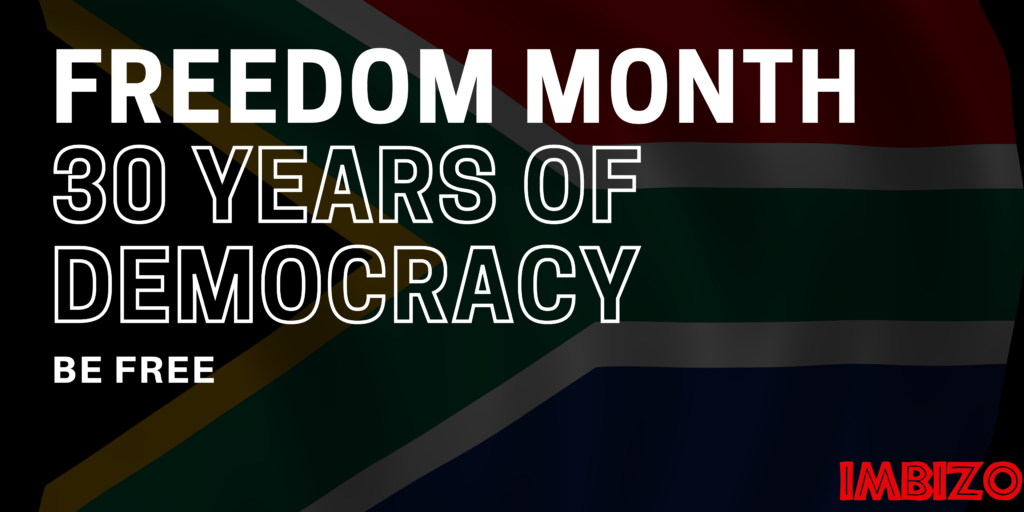Download your Magazine copy here
South Africa’s road to Freedom Day, celebrated on April 27th, is a testament to the resilience and tenacity of its people in the face of oppression, discrimination, and struggle. From the inception of apartheid to the dawn of democracy, the country’s history is marked by moments of resistance, sacrifice, and ultimately, the pursuit of freedom. This article aims to delve into the multifaceted narrative of South Africa’s journey towards liberation, shedding light on pivotal events, the role of various stakeholders, and the contemporary challenges that persist despite the triumph of democracy.
The seeds of apartheid were sown in South Africa in 1948 when the National Party came into power, instituting a system of institutionalized racial segregation and discrimination. This marked the beginning of a dark era in South African history, characterized by the systematic disenfranchisement and oppression of non-white communities, particularly black South Africans.
The scars of the English Boer War and the implementation of Bantu stands further deepened racial divisions and cemented the foundation for apartheid. Black South Africans were forcibly removed from their ancestral lands and resettled into designated areas, perpetuating social and economic inequality.
In the face of apartheid’s injustices, students emerged as vocal advocates for change, organizing protests, and forming student associations to challenge the status quo. Community-based forums provided a platform for grassroots activism and solidarity, amplifying the voices of those marginalized by apartheid policies.
Throughout the apartheid era, women played a pivotal yet often overlooked role in the resistance movement. From organizing anti-pass law campaigns to leading protests, women demonstrated unwavering courage and resilience in the fight for equality and justice.
The transition to democracy culminated in the historic 1994 elections, which marked the end of apartheid rule and the dawn of a new era of inclusivity and hope. Black South Africans were granted the right to vote for the first time, signaling a significant milestone in the country’s quest for freedom and democracy.
The election of Nelson Mandela as South Africa’s first black president symbolized the triumph of reconciliation and forgiveness over bitterness and division. Mandela’s leadership embodied the spirit of Ubuntu, emphasizing unity, compassion, and collective responsibility.
Despite the progress made since the end of apartheid, South Africa continues to grapple with a myriad of challenges, including corruption, economic inequality, and high unemployment rates. The promise of a better future outlined in the country’s progressive constitution has yet to be fully realized for many citizens.
As South Africa commemorates Freedom Day, the question arises: Is it worth celebrating in light of the persistent challenges facing the nation? While the road to freedom has been long and arduous, the significance of this day lies in honoring the sacrifices of those who fought for justice and equality, while also acknowledging the work that remains to be done in building a truly inclusive and prosperous society for all.
The journey to Freedom Day is a testament to the resilience, courage, and perseverance of the South African people in the face of adversity. While significant strides have been made since the end of apartheid, the quest for true freedom and equality continues. As South Africa reflects on its past and looks towards the future, let us remember the importance of unity, justice, and collective action in shaping a better tomorrow for all.
Happy Freedom Day
